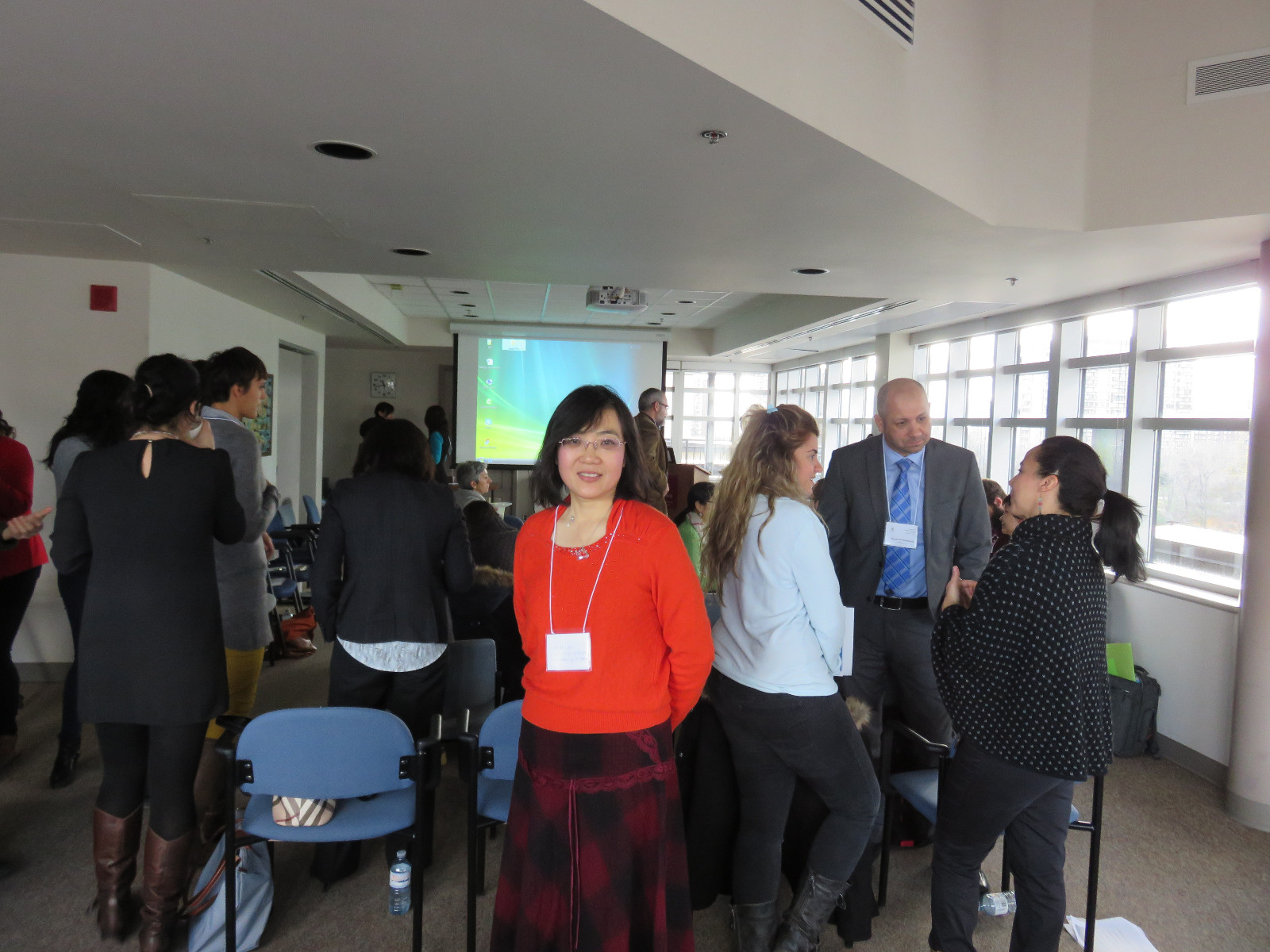
Terminological Knowledge Database (TKD) is the fundamental module in integrating and utilizing knowledge resources of various domains and types, catering for knowledge representation, information communication and cognitive capacity growth in the digital age. It is intended to be an efficient tool of advanced knowledge management calling for creative knowledge carrier, dissimilation and reproduction. The TKD aims at enhancing the professional, intelligent and shared knowledge resource construction; extending the content, typology and methodology of digitalized language resource construction. With these functions, it will be contributed to the construction of infrastructure for the digital humanities and the national system of knowledge services.
The whole project includes five parts:
1) The study on the theoretical basis: ①terminological study under semantic framework, the relationship between concepts, the mapping between concepts and terms, the meaning of terms in contexts; ②knowledge organization, the process of knowledge acquisition, expression and application, the description of bilingual terminological information with metadata, the construction of knowledge framework under specific domain;③domain ontology, the grammatical and semantic properties of concepts, the demonstration of conceptual connections through OWL, the construction of domain ontology, the functions of ontology in database system.
2) The study on construction process: ①the collection of bilingual domain information (law, politics, culture, tourism, architecture, etc) in the form of parallel corpora, data clearance; ②corpus-based bilingual term extraction, term organization with the aim of consistency, appropriateness, and standardization; ③the correspondence of bilingual term pairs, the definitions and contexts of terms, the granularity of term properties; ④the metadata description of the knowledge framework, the construction of knowledge ontology, the applied tools, the construction of terminological knowledge units and conceptual relationships, the construction of client interfaces and retrieval mechanism.
3) The application of TKD in translation education, the construction of knowledge-centered translation training pedagogy, e-learning platform and methodology.
4) The application of TKD in language services industry: ①the application on technical communication, the influence of TKD on technical writers’ working patterns, learning ability and creativity; ②the influence of TKD on translation technology, the upgrade of CAT tools and automatic translation.
5) The application of TKD in the construction of digital humanities infrastructure: the influence of knowledge ontology on natural language processing, the influence of TKD on language engineering, its application on scientific research of humanities and empirical data analysis.
Contact E-mail: jumiaonankai@163.com